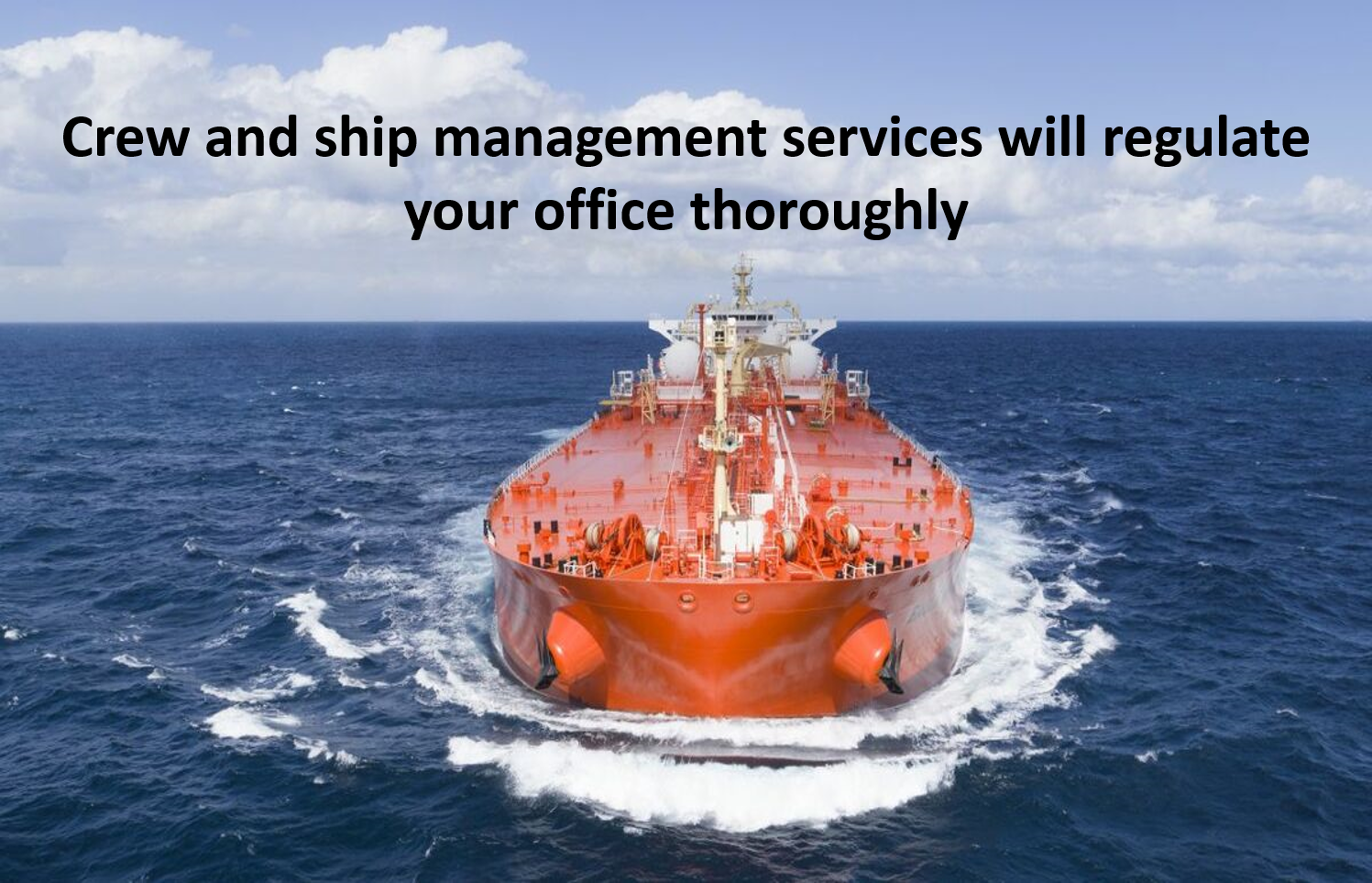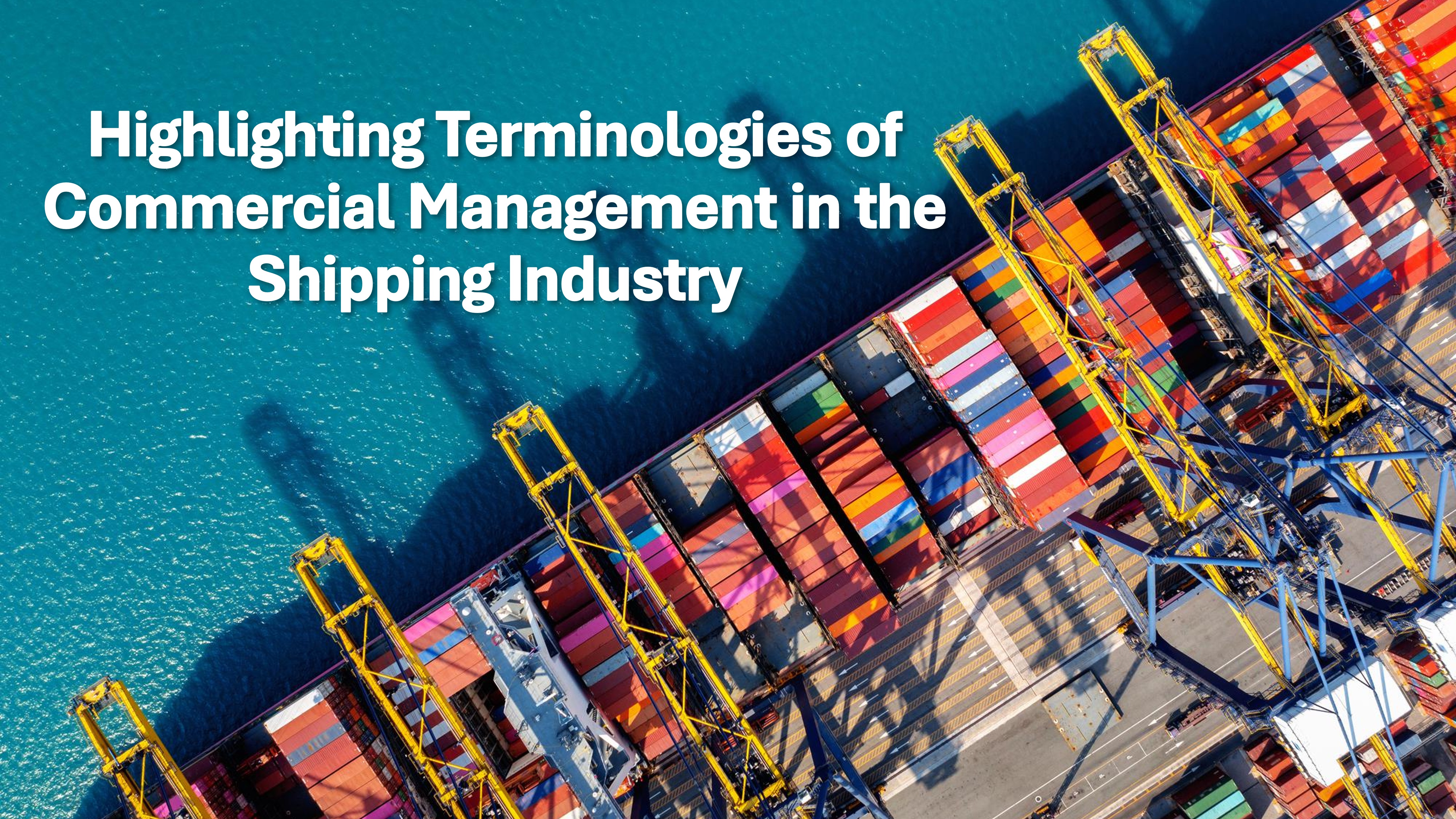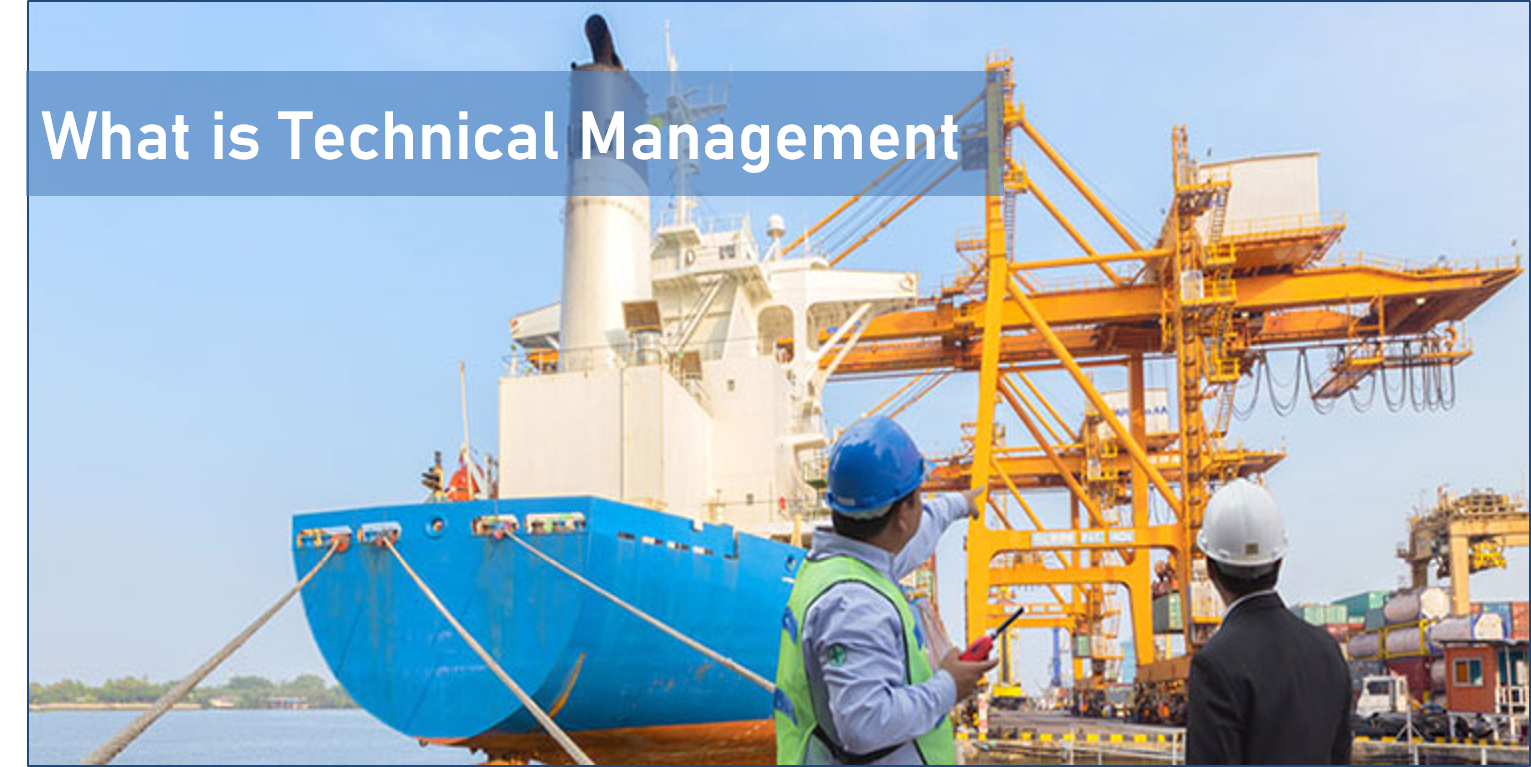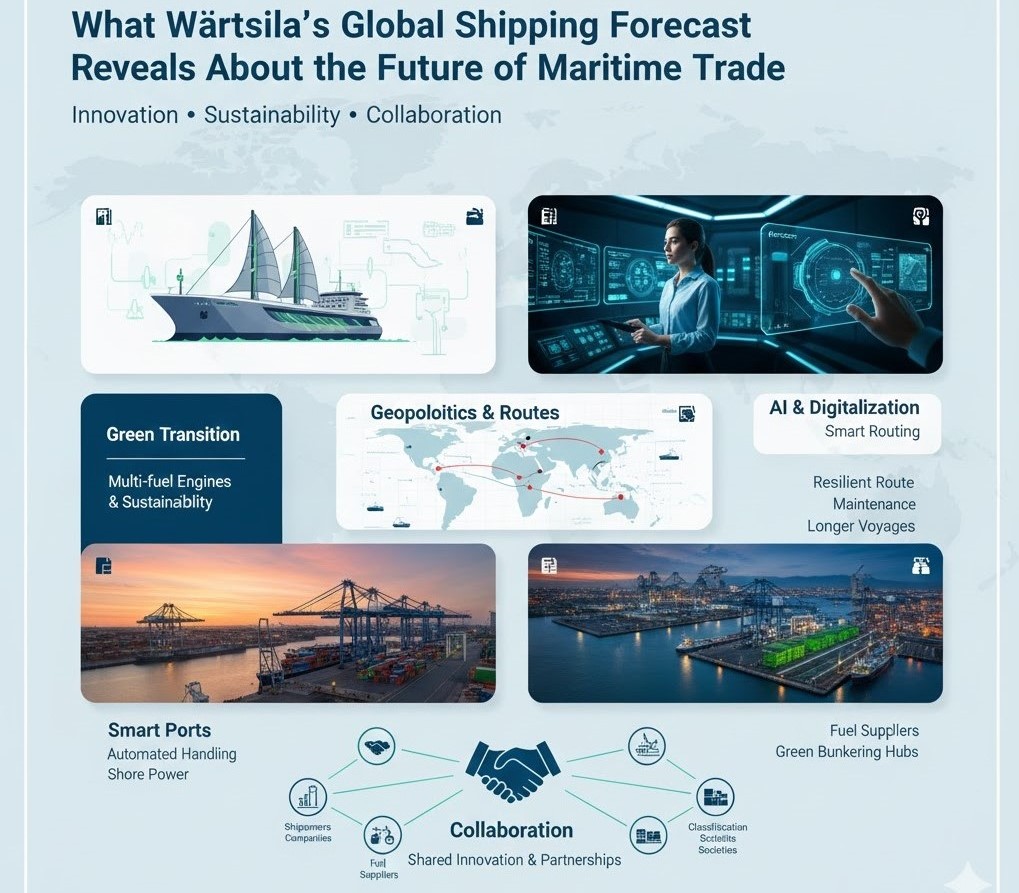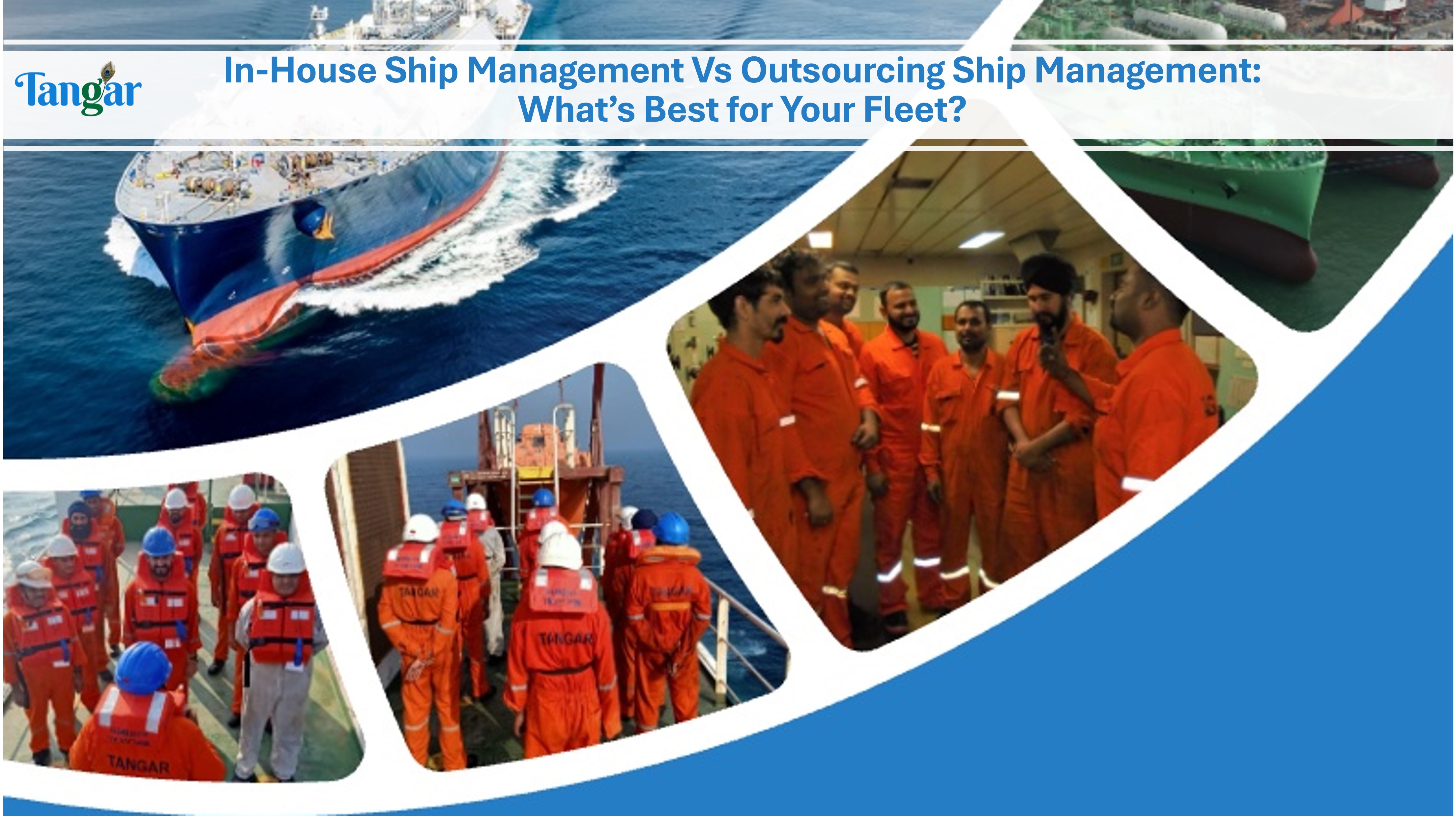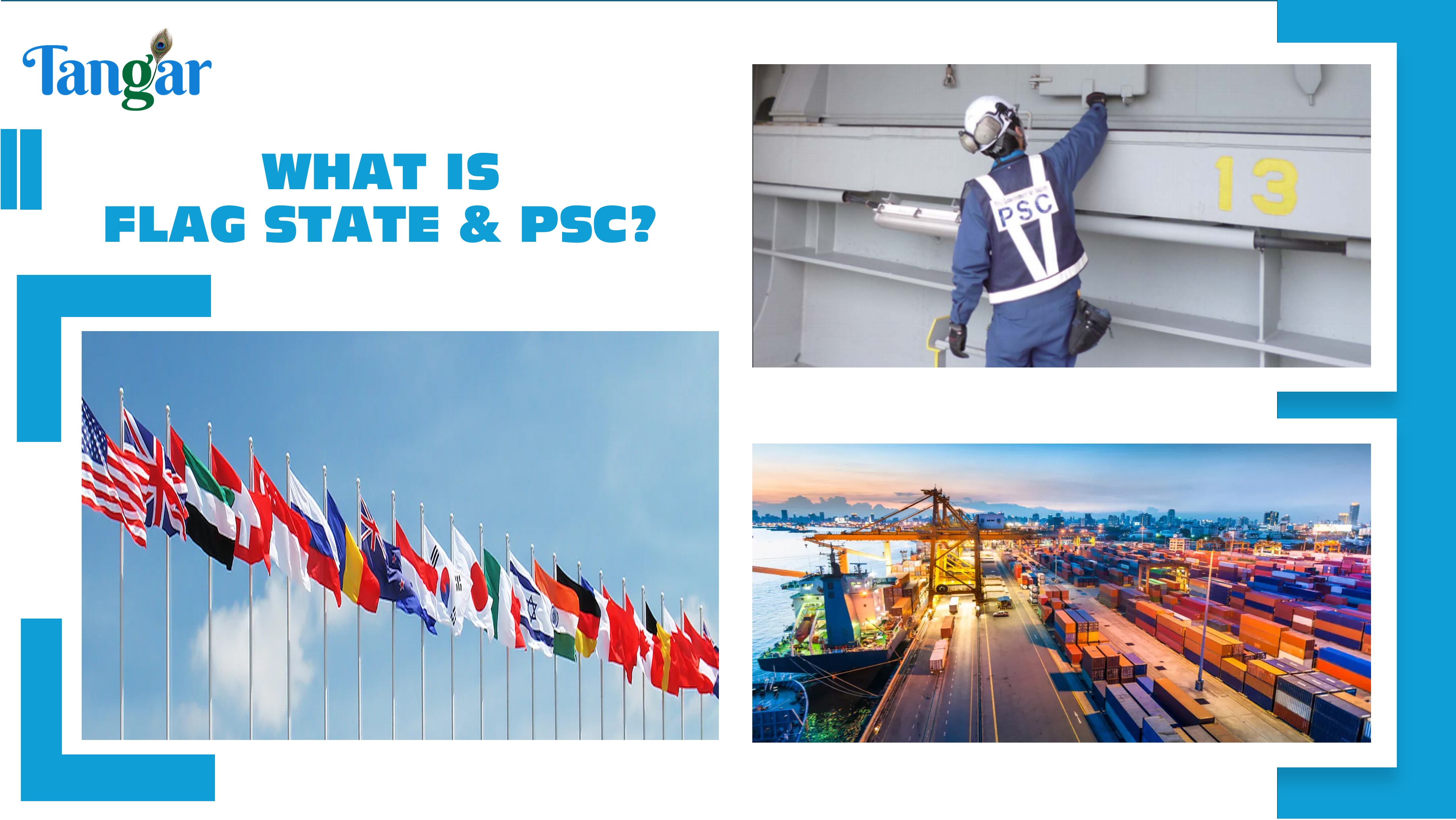
Top 5 Maritime Trends You Should Know About in 2025
Top 5 Maritime Trends to Watch in 2025
The maritime industry is undergoing rapid transformation, driven by technological innovation, environmental concerns, and regulatory changes. Here are the top five trends shaping global shipping in 2025.
1. Decarbonization and Green Shipping
Reducing greenhouse gas (GHG) emissions is a key priority for the maritime industry. Shipping companies are transitioning to cleaner fuels like hydrogen, LNG, and biofuels while integrating energy-efficient technologies such as wind-assisted propulsion and advanced hull designs.
The International Maritime Organization (IMO) has set ambitious targets: a 20% reduction in emissions by 2030, 70% by 2040, and full-scale decarbonization by 2050. Green shipping initiatives, including carbon offset programs and renewable energy adoption, are crucial for a more sustainable industry.
2. Digitalization and Smart Ports
Smart technologies like IoT, AI, and big data are revolutionizing port operations, making them more automated, efficient, and environmentally friendly. Smart ports leverage real-time data to streamline logistics, reduce congestion, and improve safety.
Beyond efficiency, smart ports also enhance sustainability by minimizing environmental impact through automation and resource optimization. Their integration into global trade networks strengthens economic competitiveness while supporting sustainable development goals.
3. Autonomous Vessels
Autonomous ships, powered by AI and advanced navigation systems, are progressing toward commercial viability. These vessels, which can be remotely controlled or fully autonomous, reduce human error, improve operational efficiency, and enhance maritime safety.
Regulatory frameworks, such as those under the IMO, aim to balance technological benefits with safety, environmental concerns, and trade facilitation. As trials advance, autonomous ships are expected to transform global shipping, aligning with sustainability goals by reducing emissions and optimizing fuel use.
4. Cybersecurity in Maritime
With increasing digitalization, cybersecurity has become a top priority. The industry is implementing robust cybersecurity measures to safeguard ship operations, port infrastructure, and supply chains from cyber threats.
The IMO defines maritime cyber risk as the potential for compromised technology to disrupt operations and security. To address this, the International Association of Classification Societies (IACS) introduced Unified Requirements (UR) E26 and E27 in 2024:
-
UR E26: Cyber resilience for ships
-
UR E27: Cyber resilience for onboard systems and equipment
These regulations ensure that new vessels are built with standardized cybersecurity measures, reducing risks and ensuring safer maritime operations.
5. Sustainability and Circular Economy
The maritime industry is embracing sustainability through the circular economy, which emphasizes reducing, reusing, and recycling resources. Ship components are increasingly being repurposed to minimize waste and environmental impact throughout a vessel's lifecycle.
This approach fosters innovation and ensures a balance between economic progress and environmental responsibility. By integrating circular economy principles, the industry aims to reduce resource consumption, promote long-term sustainability, and drive positive environmental change.
The Role of Artificial Intelligence in Ship Management
Artificial intelligence (AI) is reshaping ship management, enhancing efficiency, decision-making, and operational safety. Key applications of AI in the maritime industry include:
-
Operational Efficiency: Automating administrative tasks such as documentation, data entry, and crew management saves time and reduces errors.
-
Autonomous Shipping: AI-driven autonomous vessels optimize navigation, improve fuel efficiency, and reduce reliance on human intervention.
-
Data-Driven Decision Making: AI analyzes vast datasets to provide real-time insights, enabling faster and more informed decision-making.
-
Regulatory Compliance and Safety: AI-powered systems assist in regulatory compliance by automatically summarizing and translating maritime procedures, reducing miscommunication risks.
-
Predictive Maintenance: AI identifies potential equipment failures before they occur, allowing for timely maintenance, reducing downtime, and lowering costs.
Conclusion
The maritime industry is evolving rapidly, driven by decarbonization efforts, digitalization, automation, cybersecurity, and sustainability initiatives. By embracing these transformative trends, shipping companies can enhance efficiency, reduce environmental impact, and ensure long-term industry resilience.
The integration of AI, smart technologies, and green practices will shape a more innovative, sustainable, and future-ready maritime sector.
